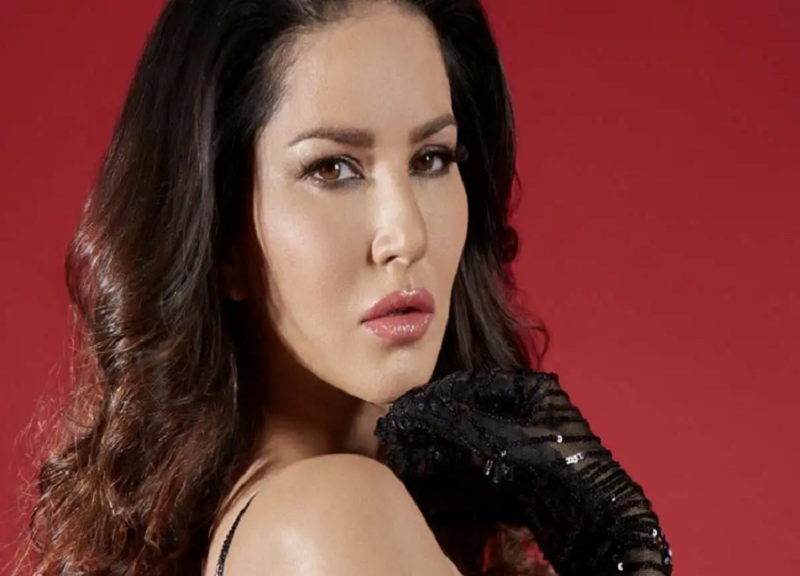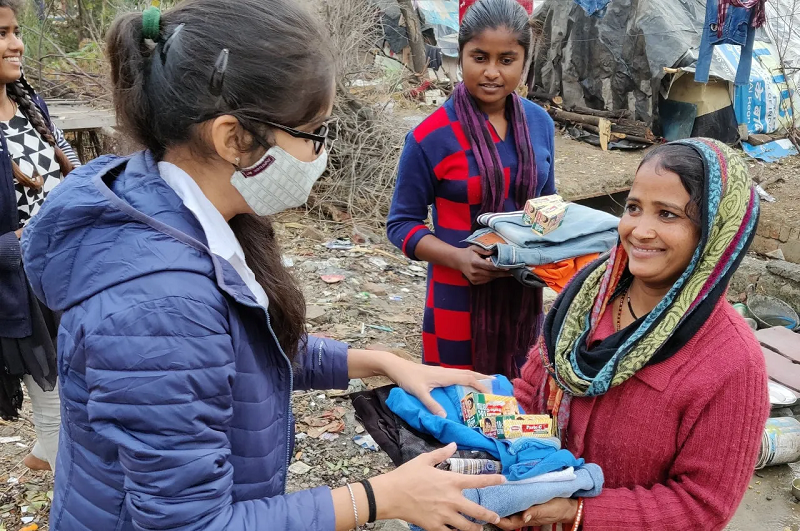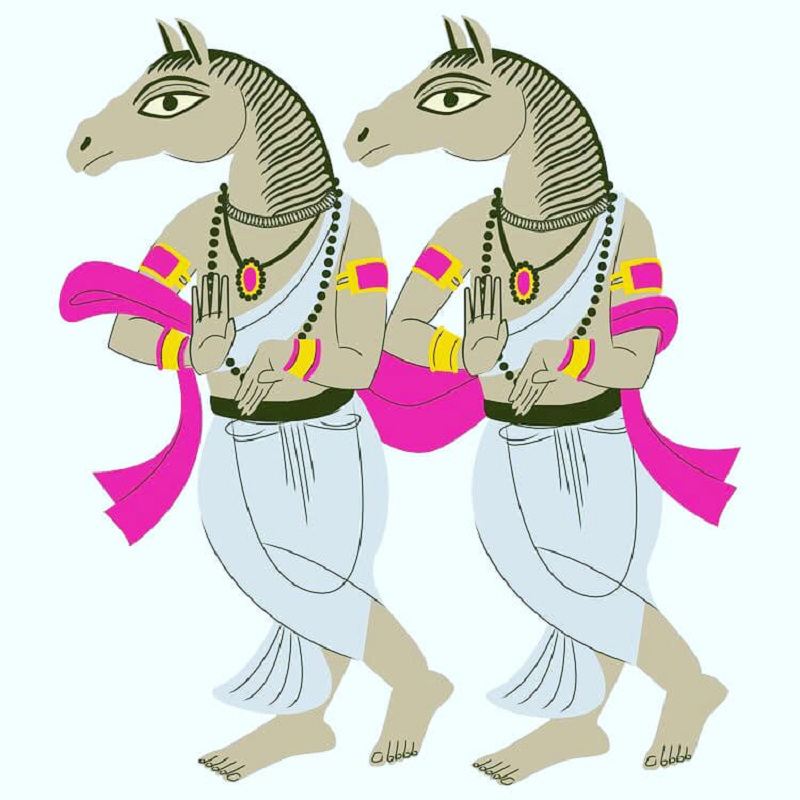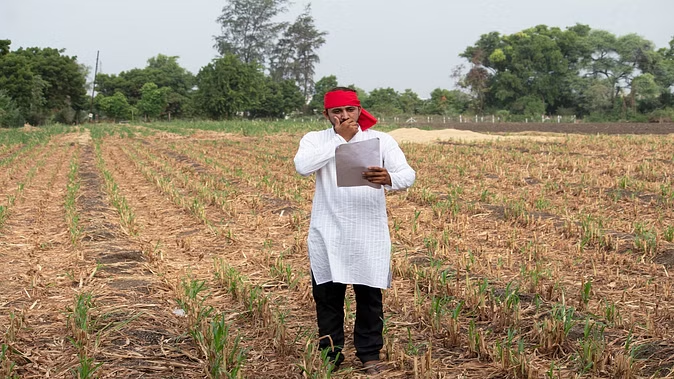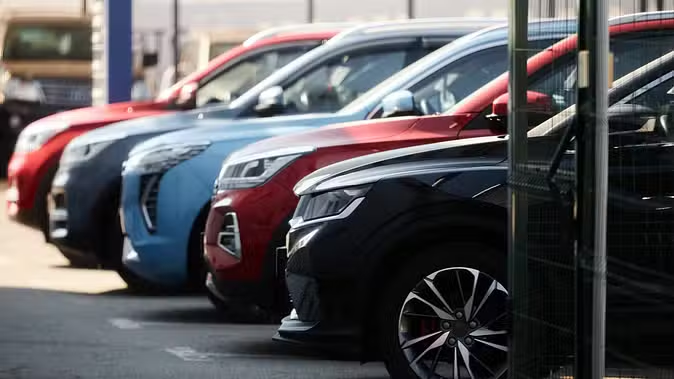The body needs adequate amounts of blood to keep functioning properly. People who are anemic are often at risk of experiencing fatigue, weakness, dizziness, and many other health problems. We all have different blood groups in our body. Not only this, the blood group of real brothers and sisters can also be different. Have you ever wondered, what is this blood group? And on what parameters is it determined which group you belong to?
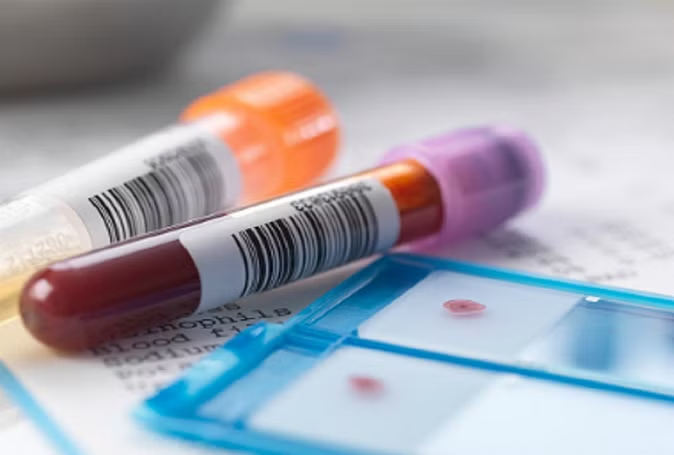
Before understanding this, it is important to know how many types of blood are there. Health experts say- There are eight different types of blood groups. Which blood group you will have depends on the genes you inherit from your parents. Most people have about 4-6 liters of blood in their body and this blood is made up of different types of cells.
Isn't it funny? The blood that you see only as red, actually has many 'secrets' hidden within it, let's understand this in detail. After all, what is the 'secret of blood'?
Blood groups and their functions
There are many types of cells in our blood and their functions are also very important. Just as red blood cells deliver oxygen to various tissues of the body, white blood cells destroy pathogens in case of infection. Platelets present in the blood help your blood to clot, while plasma is a fluid made of proteins.
Now coming back to the same question, what makes blood groups different, how are they determined?
Determination of blood group
What makes your blood different from someone else's is the unique combination of protein molecules—called antigens and antibodies. Antigens are on the surface of red blood cells while antibodies are present in your plasma. It is based on these antigens and antibodies that it is determined which blood group you have.
There are four major blood groups – blood groups A, B, AB, and O. In these, antigens and antibodies are tested.
Blood group A has A antigen and B antibody.
Blood group B has B antigen and A antibody.
Blood group AB has A and B antigens but neither A nor B antibodies.
Whereas blood group O does not have A or B antigens but has both antibodies.
Why are these blood groups needed?
Now the question arises why do these groups get into trouble, what is the need for them? There is blood in the body, the matter is not over.
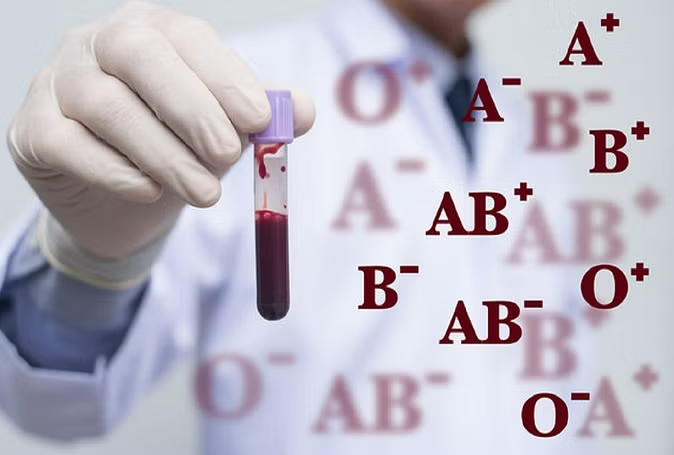
The incident occurred in the year 1901 when an Austrian scientist named Karl Landsteiner discovered blood groups for the first time. Earlier, doctors also believed that all blood was the same, although during this time if anyone's blood was donated, most of the receivers would die. Karl Landsteiner then discovered that even though blood looks similar, there are many differences between them.
If B blood group blood is transfused to an A blood group person, it can cause serious harm instead of benefits. This is because the person receiving the transfusion has antibodies that come into conflict with the cells in the donated blood and there is a risk of it being toxic.
O blood group universal donor
This is the reason that when someone needs blood, donors are searched according to their blood group. However, there is a convenience in this also.
Scientists say that people whose blood group is Type O negative can save someone's life by donating blood in an emergency or in case the exact blood group is not available. This is because type O-negative blood cells do not contain antibodies to A, B, or Rh antigens. This is why Type O-negative people are also called universal donors.
(PC: ISTOCK)



